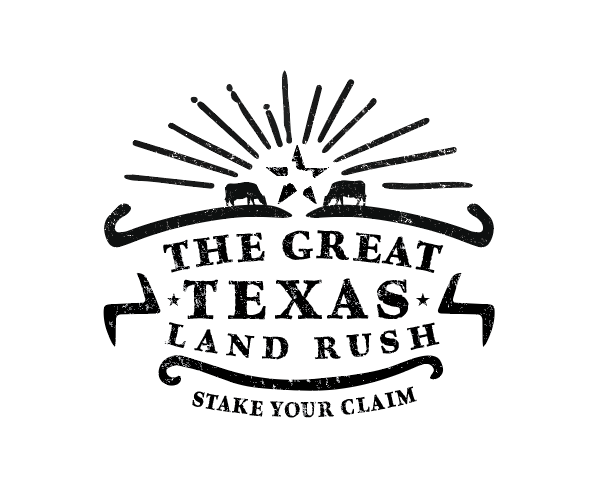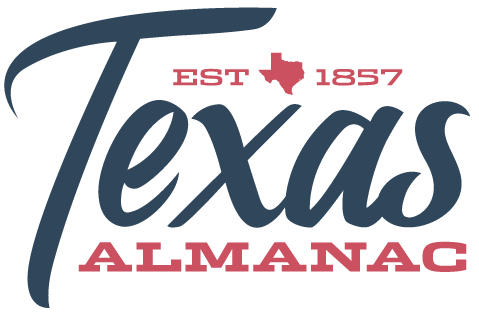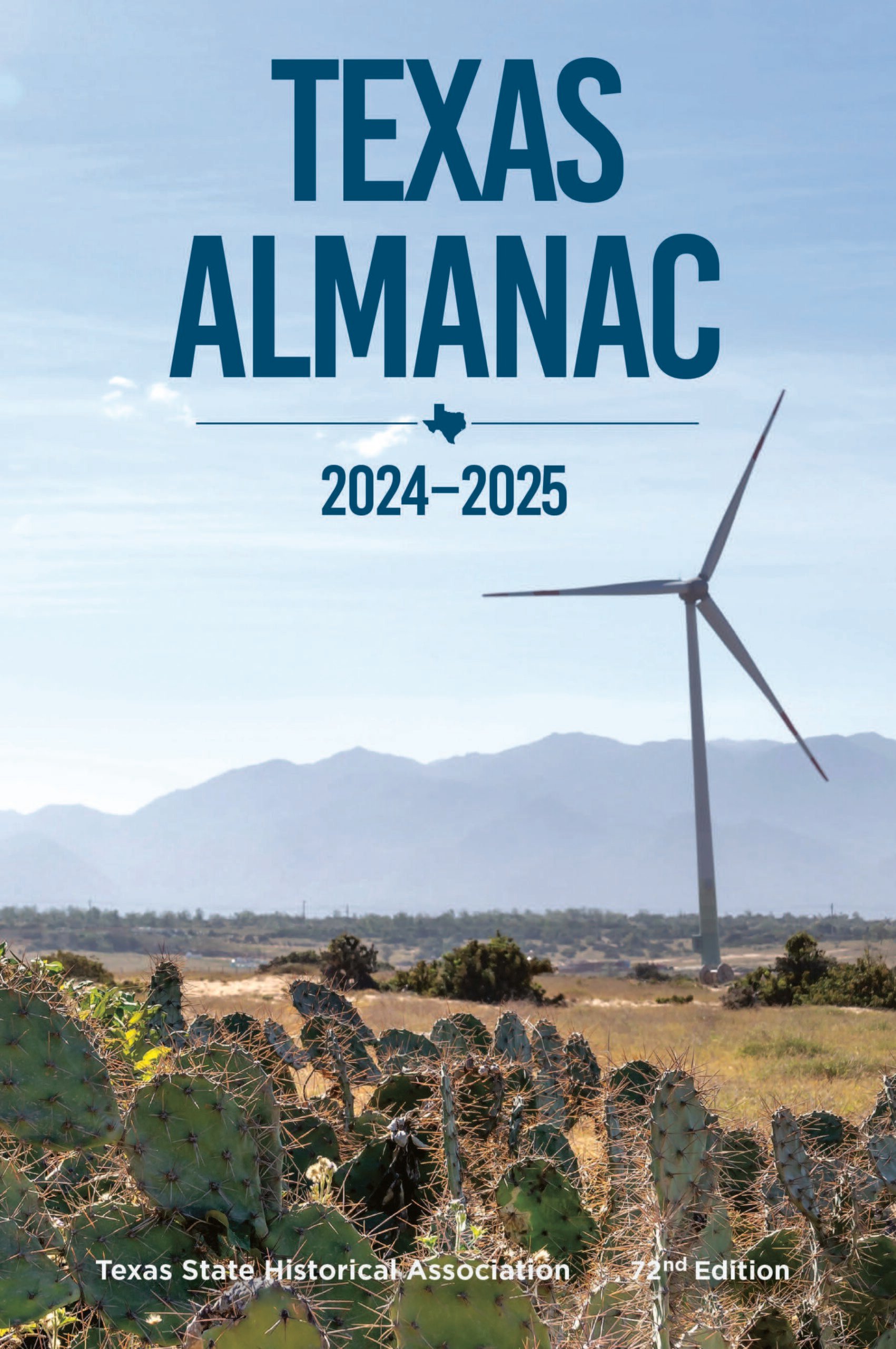Wootan Wells
Wootan Wells was a famous health resort on Highway 6 and Farm Road 1373 3½ miles west of Bremond in northwest Robertson County. The town was founded by Francis Marion Wootan, who moved to Texas from Alabama in 1873. He bought 51½ acres of the Hugh Davlin League land and part of the Robert Moffit Survey. In 1878 Wootan dug a seventy-five-foot well to supply his farmstead with water, which subsequently turned his plates yellow and his clothes red. Wootan contracted with United States Navy chemist, Dr. W. Mew, to analyze the water. After learning of the water's high mineral content, Wootan advertised the water as curative in the Bremond newspaper. For the next year water was distributed freely and demand for land around the well grew. In 1880 Wootan formed a partnership with T. W. Wade to bottle the water and market the property as a health resort. In 1881 three more wells were dug, and four hotels were built. Wade, the Old Wootan Wells Company manager, also built a mule-drawn train and a 1½-mile rail to transport visitors and the bottled water between the resort and the Houston and Texas Central depot south of Bremond. In 1883 the company reorganized to include R. H. Wade and William McKinney. They built two rows of cottages, a dance pavilion, and bathhouses. A post office operated from 1883 until 1919; F. M. Wootan was the first postmaster. By 1890 Wootan Wells had 200 permanent and 2,000 summer residents. James S. Hogg and his daughters were guests at the resort. It was also reported that Buffalo Bill Cody met George Washington Holland in a shooting match in 1898. The Bremond Roberts Rifles (Company E of the Second Texas Infantry, Texas National Guard) also camped here.
A fifth well was drilled, but it was closed because of traces of oil. The company feared the oil to be a fire hazard. Before 1900 there were thirty businesses, including six physicians' offices, a school (Sam Hornbeck, later president of Trinity University, was principal), an opera house, a billiard hall, a wagonmaker, a blacksmith, a dairy, a gristmill, a cotton gin, two general stores, three churches, and Western Union and Wells Fargo stations. After the 1893 depression business began to decline, until about 1897 when it picked up again for a few more years. But droughts and an 1899 flood that damaged buildings and destroyed roads added to the company's financial problems. In 1906 Ralph Wade bought the company, but by 1909 it was sold at an auction to D. M. Pendergast for $10,000. In 1915 the Texas State Gazetteer lists a population of 150 persons, a hotel, a store, a blacksmith, and a cotton gin.
Janet Mace Valenza | © TSHA

Adapted from the official Handbook of Texas, a state encyclopedia developed by Texas State Historical Association (TSHA). It is an authoritative source of trusted historical records.

- ✅ Adoption Status:
Belongs to
Wootan Wells is part of or belongs to the following places:
Currently Exists
No
Place type
Wootan Wells is classified as a Town
Associated Names
- [Wooten-]
Location
Latitude: 31.14326800Longitude: -96.72385000
Has Post Office
No
Is Incorporated
No

